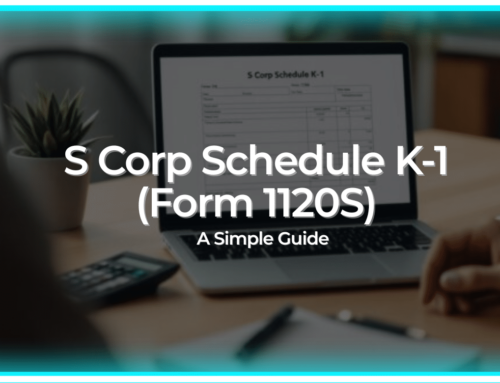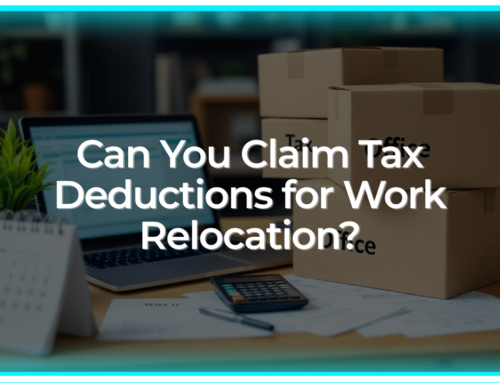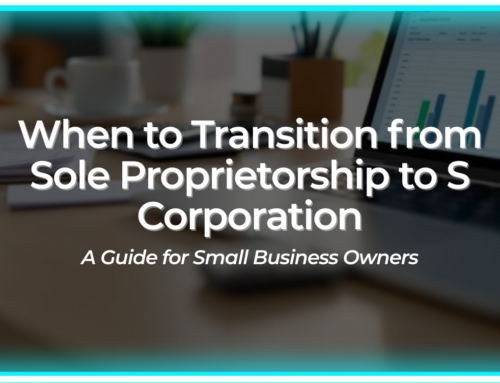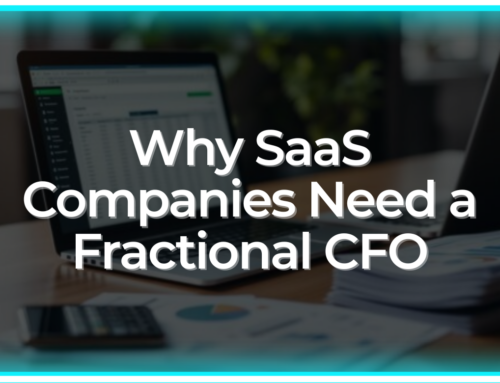Hi, I’m Cindy, the Tax Manager here at Bette Hochberger, CPA, CGMA. For today’s blog, I want to discuss the audit risks for Sole Proprietorships, and the importance of entity development.
Did you know that Sole Proprietorships are notably more likely to be audited by tax authorities? This heightened risk, with a likelihood of being audited 3-10 times greater than other business structures, primarily affects those filing under Schedule C.
This increased surveillance is due to several factors unique to Sole Proprietorships, and understanding them can help in better preparing and protecting your business.
Key Audit Triggers for Schedule C Filers
- High Income: Earning over $100,000 significantly raises the chances of an audit. High income is often scrutinized for accuracy and legitimacy of reported earnings.
- Large Deductions: Disproportionate deductions that substantially offset income can signal red flags to auditors. It’s crucial to ensure all deductions are justified and well-documented.
- Hobby Losses: Writing off losses for hobbies, especially repeatedly, can draw unwanted attention. The IRS differentiates between hobbies and businesses based on profit motives.
- Vehicle Usage Claims: Claiming 100% business use of a vehicle is often met with skepticism, as it’s rare for a vehicle to be used exclusively for business.
- Excessive Deductions for Meals, Travel, and Entertainment: While these are legitimate business expenses, unusually high claims in these categories can lead to scrutiny.
- Home Office Deductions: This deduction is legitimate but often abused. It’s vital to meet specific criteria set by the IRS to claim this deduction.
- Rental Loss Claims: Reporting consistent rental losses can trigger an audit, particularly if losses are substantial.
- Research and Development Credit: Although beneficial, this credit can be complex, and incorrect claims can lead to audits.
- Large Cash Transactions: Businesses receiving significant cash income, especially those not reporting transactions over $10,000 (Form 8300), are more likely to be audited.
The Role of Entity Optimization
Given these risks, entity optimization becomes a crucial strategy. Transitioning from a Sole Proprietorship to other structures like S corporations, Partnerships, LLCs, or C corporations can offer several benefits:
– Reduced Audit Risk: These entities typically face lower audit probabilities than Sole Proprietorships.
– Tax Savings: Different entities can leverage various tax benefits, potentially lowering the overall tax liability.
– Legal Protection: Entities like LLCs and corporations provide legal separation between business and personal assets, offering added protection.
Advising Clients on Entity Selection
As a tax or financial advisor, guiding clients through the maze of entity selection is vital. This includes:
- Evaluating Business Needs: Assessing the client’s business model, income level, and specific needs to suggest the most suitable entity type.
- Understanding Tax Implications: Explaining the tax benefits and obligations of each entity type to ensure clients make informed decisions.
- Ongoing Support: Continuously advising on best practices and changes in tax laws to help maintain optimal entity structure and compliance.
So, while Sole Proprietorships offer simplicity, they come with increased audit risks. I hope you gained some valuable insights today, and I’ll see you all again soon!







